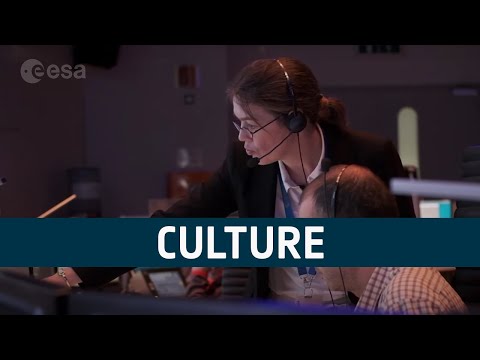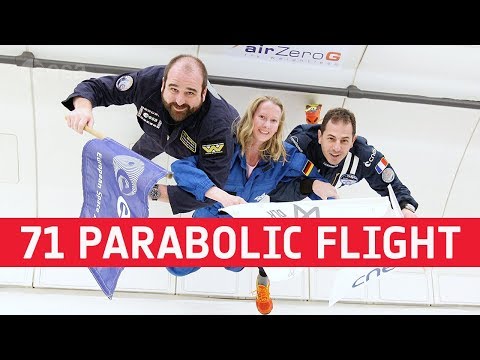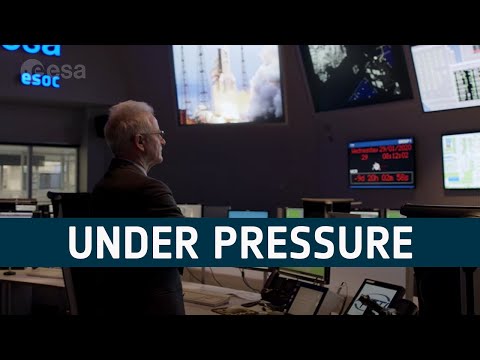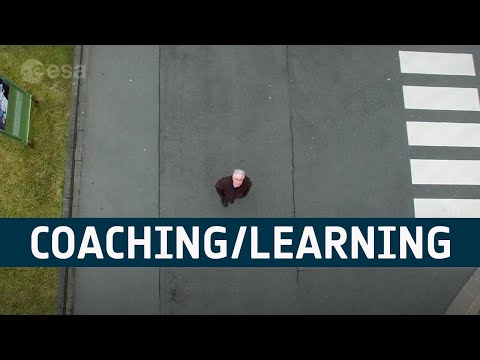Meet the Experts: Laboratory in Space
Flying 400km above our heads, the International Space Station (ISS) is the world’s laboratory in space. But what kind of research is done there and how does it affect our lives on Earth? ESA expert Dr. Jason Hatton discusses notable research from the ISS and how the unique location of this facility allows us to explore never-before-seen phenomena in this episode of Meet the Experts.
Find more episodes in the series here: https://www.esa.int/Education/Expedition_Home/12_-_18_years_old
★ Subscribe: http://bit.ly/ESAsubscribe and click twice on the bell button to receive our notifications.
Check out our full video catalog: http://bit.ly/SpaceInVideos
Follow us on Twitter: http://bit.ly/ESAonTwitter
On Facebook: http://bit.ly/ESAonFacebook
On Instagram: http://bit.ly/ESAonInstagram
On Flickr: http://bit.ly/ESAonFlickr
We are Europe’s gateway to space. Our mission is to shape the development of Europe’s space capability and ensure that investment in space continues to deliver benefits to the citizens of Europe and the world. Check out http://www.esa.int/ESA to get up to speed on everything space related.
Copyright information about our videos is available here: http://www.esa.int/spaceinvideos/Terms_and_Conditions
#ESA
#MeetTheExperts
#ExpeditionHome





Space exploration is kinda dangerous but it does bring out a lot. I hope I get to go there and join those heroes. For the love of the job

What efforts are being made to remove the space debris.Regards.
why not test corona virus in space – dos it loose the ability to mutate or die
I'm from spain and I will be an Astronaut
The peak of human civilization


When I was 4 I wanted to become an astronaut, working for NASA. I eventually grew out of it and thought that being an astronomer would be less impossible for me to do. What I didn’t know was that is would’ve been impossible to become one, as I am European. So now I will try to achieve my dream through the ESA.
Space exploration is interesting and amazing too
you must be from god what a success I envy you. your god could you tell me about him please
Liebes ESA Team, ich bewerbe mich bei Euch dann als Astronaut in ein paar Jahren, sobald ich meine autodidaktische, von mir selbst entwickelte Z SPACE mehr-Stufen vor-Ausbildung dazu abgeschlossen habe =) Dann bin ich ca. 50. Gutes Alter noch mal "durchzustarten". Ich denke, die ESA kann erfahrene Generalisten und (Über) Lebenskünstler gut gebrauchen =) Zumindest dürften die spät-Auswirkungen kosmischer Strahlung dann zu meinen Lebzeiten nicht mehr allzusehr in´s Gewicht fallen. Ich muss jetzt kurz nach meinem Formicarium und den Tardigraden sehen, danach Laufen, Yoga und zum Zentrifugentraining in die Waschmaschine ! Grüsse, Greetings, driviet !
Very interesting I have one to get gravity necesary to go Mars
Stars emit electrons, their temperatures fuse them together and they fly off as photons. When they reach the atmosphere they come back to the same thing and be attracted to Earth (+). Like all bodies they lose them; gravity is magnetic attraction.
We can do the test with the support of the crews.
In the space laboratory, if there is a speaker, we take it apart and use the magnet.
There is a table where they played chess with a built-in glass can use them. Deliver 180 milliamps to magnet. Fill the glass with water. If it does not stick to the glass, try it with another milliamperage. If it doesn't work with one pole, try the other one. So until it does.
Then we will have gravity and we can extend it to the Toilelot and entire ship.
Have nice day God bless you
Whoow, this space lab is simply amazing! Science is everywhere and it is fantastic… All the best from the Czech republic also to the ISS